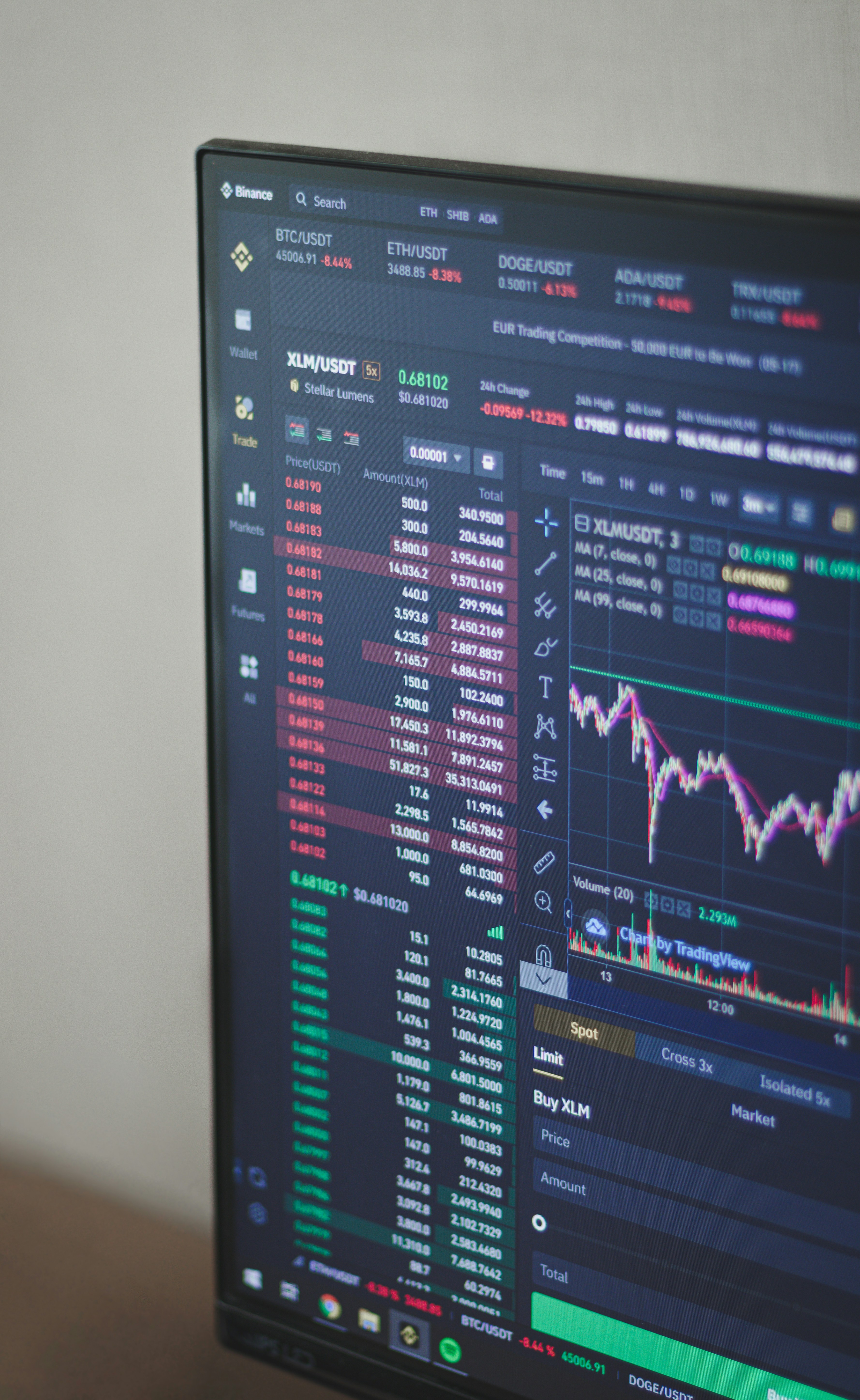What happened last week?
Global
- Tariff tensions cooled as trade talks made some progress
US
- Meme stocks roared back to life in a 2021-style frenzy
- Alphabet beat expectations, but soaring AI spending set investors on edge
Europe
- The ECB predictably held interest rates steady
Why It Matters
The US reached a major trade deal with Japan, agreeing to set tariffs on cars and other goods at just 15% – down from the 30% it had proposed. In return, Japan agreed to a $550 billion investment package aimed at boosting US manufacturing and supply chains. The agreement eased some concerns about a broader tariff war, especially with the EU now appearing to follow a similar negotiation playbook. A mutual 15% US-EU tariff deal is reportedly in the works, with carve-outs expected for planes, alcohol, and medical goods.
Meme stock mania staged a comeback last week, with Kohl’s, Opendoor, GoPro, and Krispy Kreme all surging. It was 2021 déjà vu: stocks that had been heavily bet against (or “shorted”) spiked as social media buzz brought retail investors in by the droves. Call option volumes exploded, and trading halts kicked in as prices ran wild. Much of the buying came from retail investor trading accounts using short-dated options – a classic squeeze setup that can fuel sharp, sudden rallies. The speculative frenzy was a clear sign that pockets of the market are never far from bubbling.
Alphabet delivered impressive results, with revenue up 14%, a rebound in YouTube ads, and a 32% jump in Google Cloud – all boosted by growth in AI adoption. The only downside was spending: Alphabet raised its 2025 capex forecast by $10 billion to ramp up AI infrastructure, pushing the total to $85 billion. The bottom line: AI’s still driving growth – but the bill’s getting steeper.
The European Central Bank (ECB) held its key interest rate at 2% – taking a breather after making eight cuts in a year. Inflation has cooled to the Bank’s target, but policymakers flagged two big swing factors in its decision to pause: looming US tariffs on EU goods and a surge in government spending across the bloc. Either one could stir up inflation or skew growth expectations. With economic growth still sluggish, markets still see room for another cut this year. The ECB’s message continues to be more “not yet” than “not at all” – at least so far.
The Focus This Week: Corporate Earnings And Economic Data
In just three days this week, we’ll get the Federal Reserve’s next interest rate decision, the PCE indicator (which contains the Fed’s preferred inflation gauge), and the economy’s key monthly jobs report. This will paint a pretty vivid canvas. If inflation pressures faded, if the job market showed further signs of slowing, and if the Fed sticks to its recent talking points, investors are likely to keep on keeping on. With that kind of big picture backdrop, they’ll feel pretty reassured that the central bank will deliver some economy-boosting interest rate cuts later this year. But if inflation proves sticky, job growth reaccelerates, and if the Fed chief veers off-script, the whole landscape could shift fast. With the yield on the 10-year Treasury hovering near 4.5% – a level that’s historically preceded market corrections – that’s just what some people will be watching for.
That’s not all that’s happening. Another crop of Big Tech names will deliver quarterly updates this week, and the bulls are feeling good about it. Earnings revisions have been moving higher of late, and margins are expected to get a double-stuffed lift from easing wage costs and new tax breaks. Not only that, but the weaker US dollar has been boosting the profits of many companies, with overseas revenue suddenly worth even more when converted to greenbacks. That could trigger some healthy operating leverage – i.e. what happens when profit rises faster than revenues – and keep valuations afloat even without immediate interest rate cuts. Bears aren’t so sure about all that: they argue the bar is too high, investors too complacent, and Big Tech stocks too crowded. Any disappointment in corporate forecasts, a slowdown in AI enthusiasm, or any other unhappy surprise could shake things right up.
Regardless of your view, there’s been a definite shift playing out beneath the market’s surface this year. While meme stocks and AI darlings have dominated investor attention, other sectors have been posting far bigger gains just off-screen. Old-school industrials, financials, and materials have been the market’s top performers. This could be a very good thing, signalling that the rally is broadening and that investor confidence in the real economy is growing. If that shift sticks around, it could have real consequences: portfolios that have been all-in on tech might underperform, while active investors who can spot strength in less-crowded corners could finally get rewarded. Mind you, that all depends on macro and earnings not throwing a curve ball.


The Week Ahead
- Monday: Nothing major expected.
- Tuesday: Earnings: PayPal, Spotify, Starbucks, Visa, Boeing, Procter & Gamble, UnitedHealth, Booking, Teladoc.
- Wednesday: US Federal Reserve interest rate decision, eurozone economic growth (Q2), Bank of Canada interest rate decision. Earnings: Meta, Microsoft, Qualcomm, Etsy, Fiverr, Kraft Heinz, ARM, Ford.
- Thursday: US PCE indicator (June), Japan interest rate decision, China manufacturing PMI (July), France inflation (June), Italy inflation (June), and Germany inflation (June). Earnings: Amazon, Apple, Mastercard, Bristol-Myers Squibb, Cloudfare, AbbVie.
- Friday: US jobs data (July), US ISM manufacturing PMI (July). Earnings: Chevron, ExxonMobil, Moderna, AMC Entertainment.
This document is provided to you for your information and discussion purposes only. It is not a solicitation for business or an offer to buy or sell any security or other financial instrument. Any information including facts, opinions, or quotations, may be condensed or summarised and are expressed as of the date of writing. The information may change without notice and Trusted Novus Bank (“TNB”) is under no obligation to ensure that such updates are brought to your attention. Past performance is not a guide to future performance.
